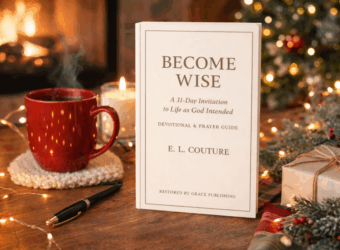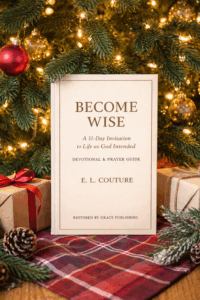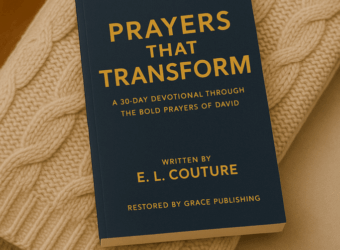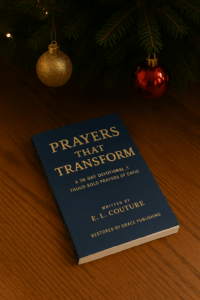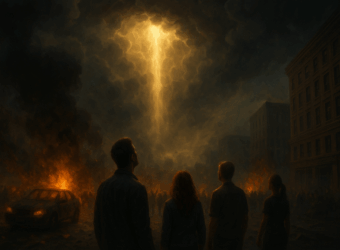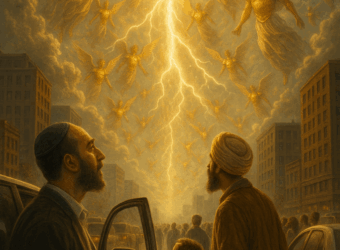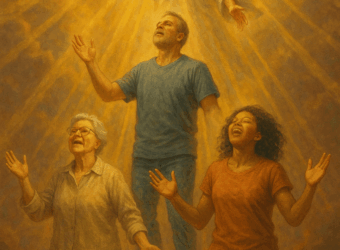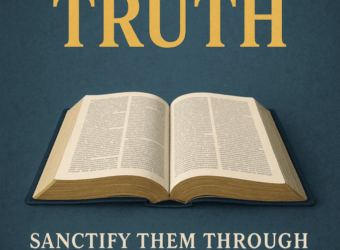A Christmas Gift That Lasts Longer Than the Season: Become Wise
Why Become Wise Is the Devotional Christians Need in Today’s World
We live in a time where information is everywhere, yet wisdom feels increasingly rare. Opinions are loud, truth is often blurred, and believers are left navigating a culture that pulls them in countless directions. Discernment has never been more necessary — and that is exactly why Become Wise: A 31-Day Invitation to Life as God Intended by E. L. Couture was written.
This Scripture-rooted devotional and prayer guide was created to help Christians grow in spiritual maturity, clarity, and godly understanding. Become Wise speaks directly to a pressing need in today’s church: not simply knowing Scripture, but living it wisely.
 Why Discernment Matters More Than Ever
Why Discernment Matters More Than Ever
The Christian life was never meant to be lived on autopilot. Without wisdom, believers can easily drift into confusion, compromise, or spiritual fatigue. God’s Word repeatedly emphasizes wisdom as protection — a guide that keeps His people grounded and secure.
Become Wise walks readers through what biblical wisdom truly is and why it matters in every area of life. Over 31 intentional days, readers learn how to recognize God’s voice above all others, avoid spiritual deception, and grow confident in His leading.
What Readers Will Learn Inside Become Wise
This devotional goes beyond surface-level encouragement. Each day invites readers into Scripture, reflection, and prayer that strengthens discernment and sharpens spiritual awareness.
Inside the book, readers will discover:
- How God defines wisdom according to His Word
- Why wisdom guards believers from confusion and compromise
- How to recognize foolish thinking before it causes harm
- Practical ways to walk wisely in relationships and decisions
- Scriptural insight into God’s blueprint for a purposeful life
Wisdom is presented not as theory, but as something meant to be lived out daily.
A Devotional Designed for Real Transformation
Become Wise is not meant to be read passively. It challenges believers to examine their choices, align their hearts with God’s truth, and apply what they learn in real life. As wisdom grows, confidence in God’s direction grows with it.
 This devotional is especially for those who:
This devotional is especially for those who:
- Desire discernment in a deceptive world
- Want decisions rooted firmly in God’s truth
- Feel called to deeper spiritual maturity
- Are ready for lasting transformation, not temporary inspiration
A Meaningful Christmas Gift with Eternal Impact
As a Christmas gift, Become Wise stands apart from what is temporary. It equips believers day by day, strengthens faith, and draws hearts closer to God — making it far more than a seasonal present.
Wisdom is promised to those who seek it. The question is whether we will slow down enough to receive it.
Become Wise: A 31-Day Invitation to Life as God Intended is available now on Amazon.
